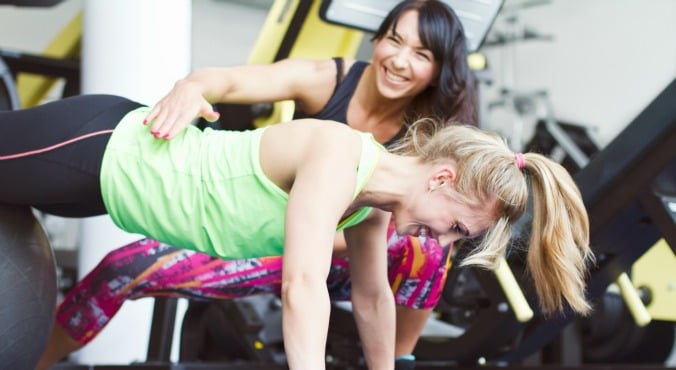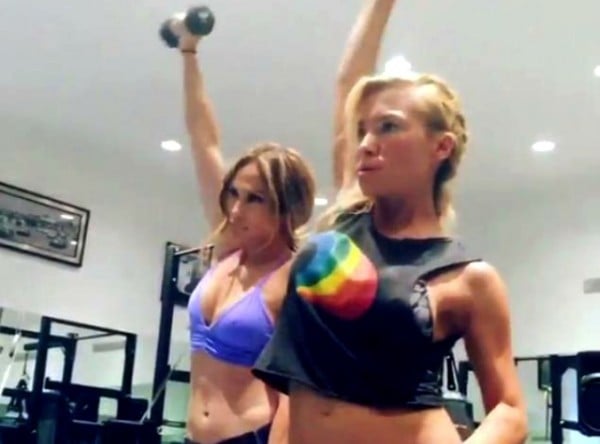
Image: iStock.
When you’re shopping for new running shoes, you know it’s never going to be a one-size-fits-all situation. You need something that suits your training style, offers support, doesn’t rub you up the wrong way, and just feels right.
Funnily enough, these criteria are equally relevant if you’re in the market for a personal trainer. Finding a PT who suits your needs, goals and personality – as well as budget and location – isn’t always straightforward.
“It’s a very saturated industry and there are a tonne of people to choose from. It’s imperative to know your trainer leads by example, has been in the industry for a while and can prove to you that they have your best interests at heart,” says Andrew Pap, personal trainer and IsoWhey Sports Ambassador.
Important considerations
Logistics
“[Clients] need to look at their budget, whether they’re looking at training outdoors or indoors – so a gym, or outdoor training – and their location,” explains Ali Cavill, personal trainer at Fit Fantastic. Let’s be real here: if a trainer is based several suburbs away from your house or workplace, or isn’t available at the times that are best for you, you’re not making it easy for yourself.
Cavill also recommends finding out what a trainer includes in their sessions, like whether it’s outside or and what equipment is provided.
Watch: A simple legs-focused exercise from the Paper Tiger team. (Post continues after video.)
